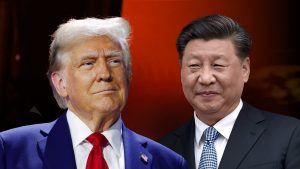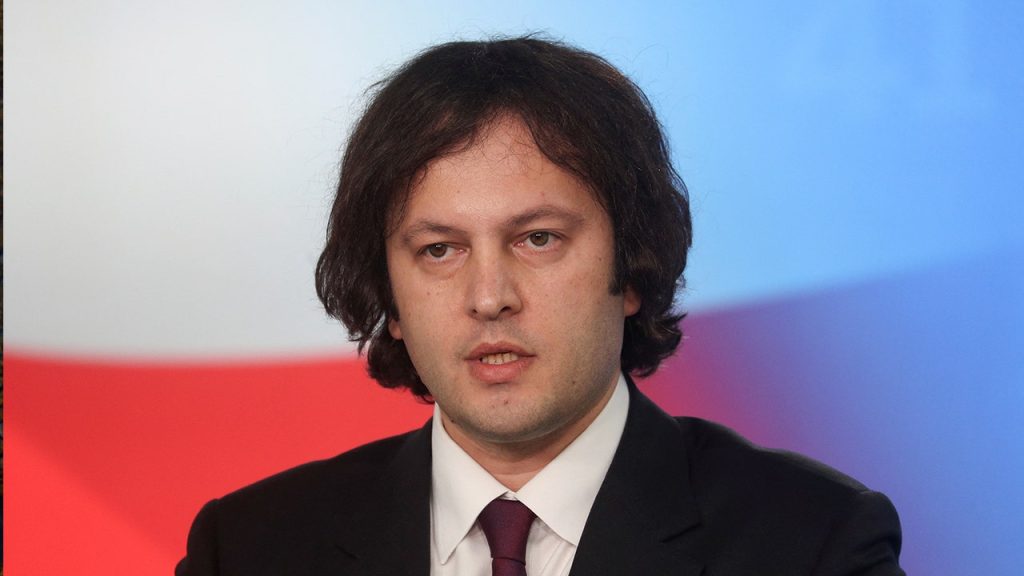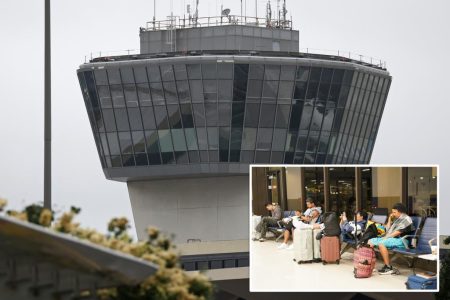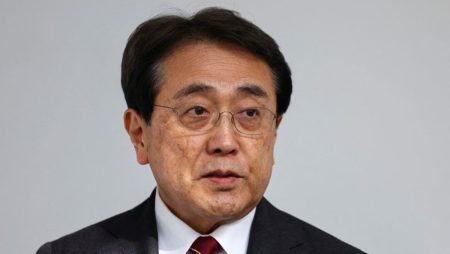The political landscape in Georgia has become increasingly tumultuous, marked by a significant backlash against the government’s decisions and ensuing protests. Prime Minister Irakli Kobakhidze defended police actions following violent protests that erupted in Tbilisi, suggesting that demonstrators were acting under foreign influence aimed at destabilizing the country. The unrest ignited after the ruling party, Georgian Dream, announced a four-year suspension of its European Union accession talks, provoking alarm from the U.S. and EU regarding a perceived shift away from Georgia’s historical pro-Western stance and towards Russian alignment. Pleas from Western allies for restraint met stiff resistance from the Georgian government, which characterized the protests as a foreign-backed attempt to incite rebellion.
The opposition and pro-Western factions in Georgia reacted firmly to the government’s abrupt decision to halt EU talks, viewing it as a retreat from aspirations for democracy and integration with Europe. Anti-government protests erupted across Tbilisi and other cities, with citizens expressing concern over the rising authoritarianism of the Georgian Dream party. This sentiment was echoed by U.S. officials, who condemned the heavy-handed police response involving water cannon and tear gas against protesters. Alarmed by the escalation, broad-based demonstrations signal a national discontent rooted not only in governmental actions but also in deep-seated fears of reverting to Russian-aligned policies reminiscent of the Soviet era.
Compounding the crisis, Russian officials have interpreted the protests as Georgia mirroring Ukraine’s historical trajectory of revolution against Russian influence. Dmitry Medvedev, a former president of Russia, postulated that the situation was akin to a failed revolution, a notion underscoring Russia’s apprehensive stance towards Georgia’s Western aspirations, and heightening tensions within the region. The Kremlin’s silence on the protests suggested a strategy of observation over intervention, amidst its historical context of condemning Western interference in former Soviet states. Such narratives resonate with Georgian national sentiment wary of any rekindling ties with Moscow, especially given the 2008 war that ended with significant territorial losses for Georgia.
Prime Minister Kobakhidze’s remarks dismissing U.S. criticism highlighted his administration’s intention to strengthen what they perceive as national sovereignty against foreign meddling. He claimed police acted appropriately to safeguard state order from what he termed “violent groups” inciting chaos, despite widespread allegations of excessive force. Simultaneously, Kobakhidze attempted to downplay the significance of the U.S. suspending strategic partnerships, suggesting that future engagements with the upcoming administration in the U.S. would redeem Georgia’s standing. His comments reflect a broader narrative propagating the government’s view that external influences threaten to destabilize the governance of the nation, despite domestic opposition to their increasingly autocratic rule.
In tandem with these tensions, the presidency in Georgia faces its unique turmoil. Outgoing President Salome Zourabichvili declared her intent to remain in office past her term, contesting the legitimacy of the newly elected parliament, which she claims resulted from rigged elections. This refusal to step down underscores profound institutional crises within Georgian governance structures, coinciding with public unrest. The nomination of a new president, particularly one with a history of anti-Western rhetoric, signifies a potential pivot in governance that many view with skepticism amid rising authoritarianism trends.
Historically, Georgia has aligned closely with Western partners since the Soviet Union’s collapse, seeking NATO membership and EU accession to solidify its democratic pathways. However, the recent shift towards tighter governmental control, as evidenced by laws equating foreign funding with anti-state actions, raises concerns among existing supporters of democracy and human rights. Actions perceived as authoritarian have only fomented further public outcry. Nonetheless, leaders from the EU have reiterated their support for the Georgian populace, affirming their commitment to the country’s European aspirations. This support, coupled with public dissent, frames a critical juncture for Georgia, as it navigates a precarious balance between competing geopolitical influences while aspiring for a democratic future.










